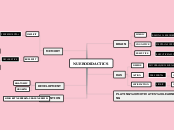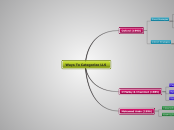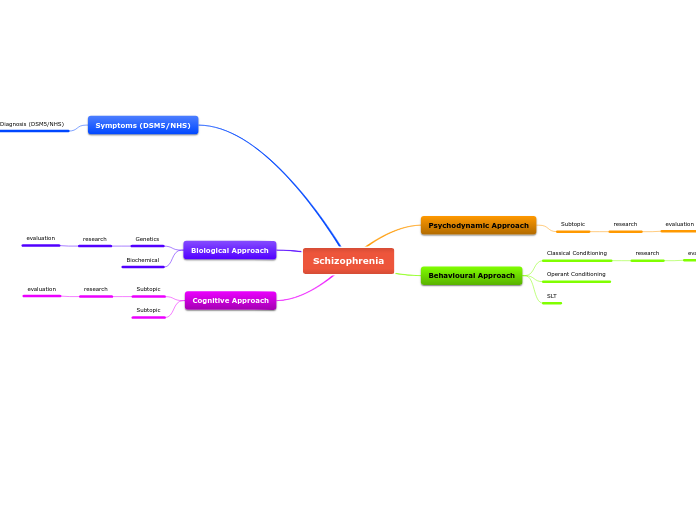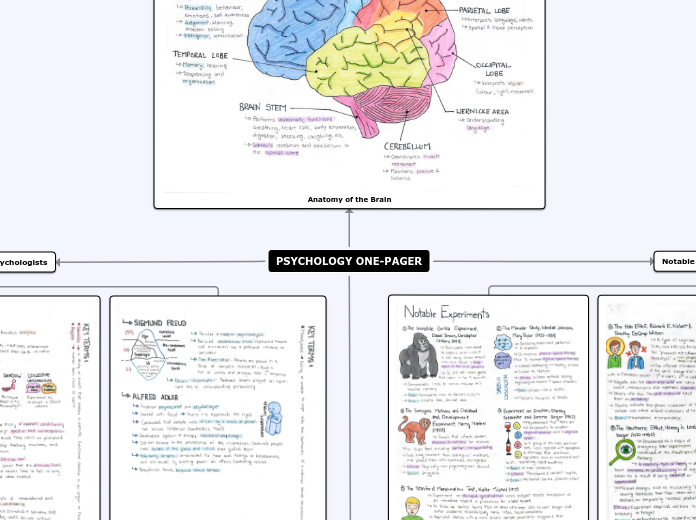door connor young 3 jaren geleden
184
Skills
Mastery in sports and game performance hinges on various skill types, each playing a crucial role. Perceptual-cognitive skills enable athletes to process and respond to environmental stimuli, facilitating actions like anticipation, where a player can prepare for an opponent'









